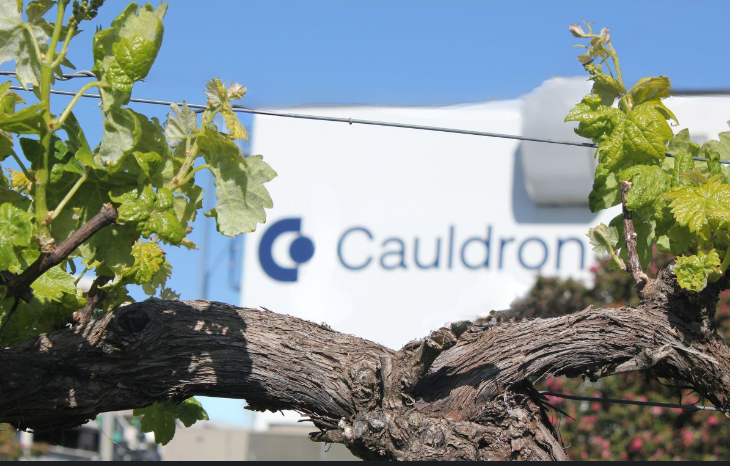Australian precision fermentation company Cauldron has received regulatory approval for its proprietary hyper-fermentation technology, a first for the domestic novel foods sector.
The licence – issued by the Office of the Gene Technology Regulator (OGTR) under Australia’s Department of Health and Aged Care – allows Cauldron to use its technology and Pichia Pastoris yeast to produce dairy, egg, and spider-silk proteins.
According to the company, the OGTR found there was negligible risk and have deemed Cauldron’s proprietary hyper-fermentation process to be safe for the environment, staff, and community.
Cauldron CEO and Co Founder, Michele Stansfield, said the approval represented another demonstration of the readiness of Australia’s scientific ecosystem to lead biomanufacturing globally.

“This licence significantly de-risks Australian-based precision fermentation technologies and Cauldron’s proprietary hyper-fermentation technology, giving Cauldron the confidence to rapidly erect fermentation facilities that achieve significantly lower cost of goods at a fraction of the capital expenditure,” said Stansfield. “Cauldron is the first in Australia to hold a licence of this nature at the 10,000-litre scale which unlocks production that all of our local synbio tech companies need to scale.”
Companies will still need to obtain food safety approval from Food Standards Australia New Zealand (FSANZ) to commercialise products using ingredients produced by Cauldron.
The approval addresses one of the most prominent challenges precision fermentation companies are facing, namely, the ability to produce proteins at industrial scale. Cauldron said that the licence signals the creation of a new, high growth industry for Australia, rich with opportunities for ingredient production for domestic and export markets, advanced manufacturing, and regional development.

In late 2023, Cauldron announced a partnership with American biotech firm Boston Bioprocess to lay the ground for industrial scale production of its feed and fibre products.
The licence puts Australia in the ranks of only a few countries to approve precision fermentation technology for production, those being Singapore, the UAE, and the EU, which recently announced that it will invest €50 million to help precision fermentation start-ups scale their production.
According to data from Research Dive, the global precision fermentation market is expected to grow at a compound annual rate (CAGR) of 40.5% between 2022 and 2031.
To stay up-to-date on the latest industry headlines, sign up to Future Alternative’s enewsletter.
Posted on:


